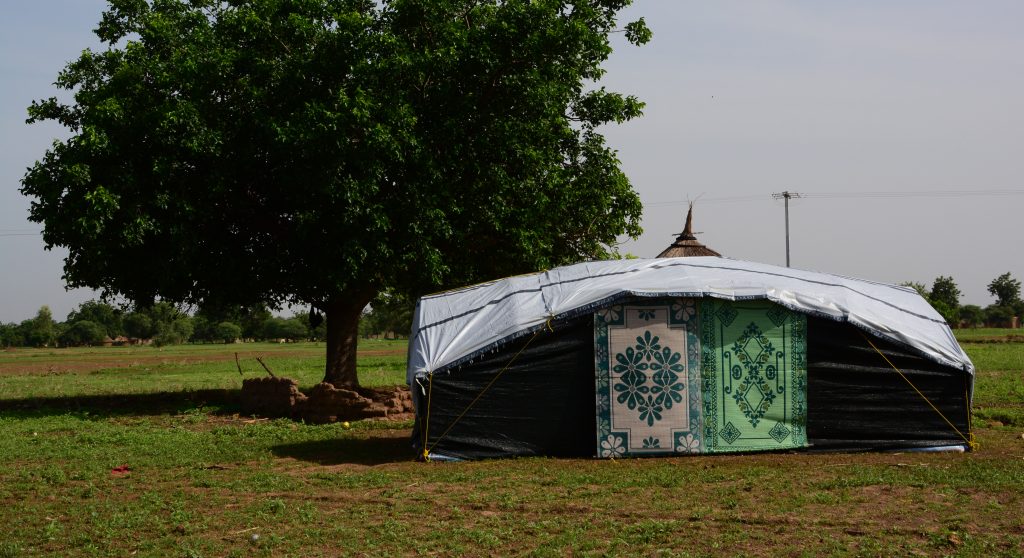
The Shelter Research Unit (SRU) is the referent technical unit of the Humanitarian Aid of the Luxembourg Red Cross.
The SRU is working to improve expertise in humanitarian housing through the innovative use of materials and the integration of traditional architectural concepts. With a particular focus on contributing to the mitigation of the environmental impact, the SRU develops context-based housing solutions and makes the response on the ground more efficient from a financial and logistical point of view.
One of SRU’s main activities is to develop and test shelter solutions that proportionally respond to the field needs. This involves the in-depth study of a proposed solution in the field over a period of time, with the involvement of local partners and beneficiaries for participatory adaptation of solutions to the context.
The SRU works with local partners to obtain access to test sites, establish test protocols and measure the effects over time of contextual factors and climate on shelter performance, as well as to understand how local markets, supply chains and material availability influence design adaptations.
The SRU has undertaken numerous field missions to design contextually appropriate shelter solutions, including:
– Sahel Shelter – Sahel region
– Winter shelter – Mongolia
– Winterisation kit – Turkey
– Community shelter kit – Madagascar
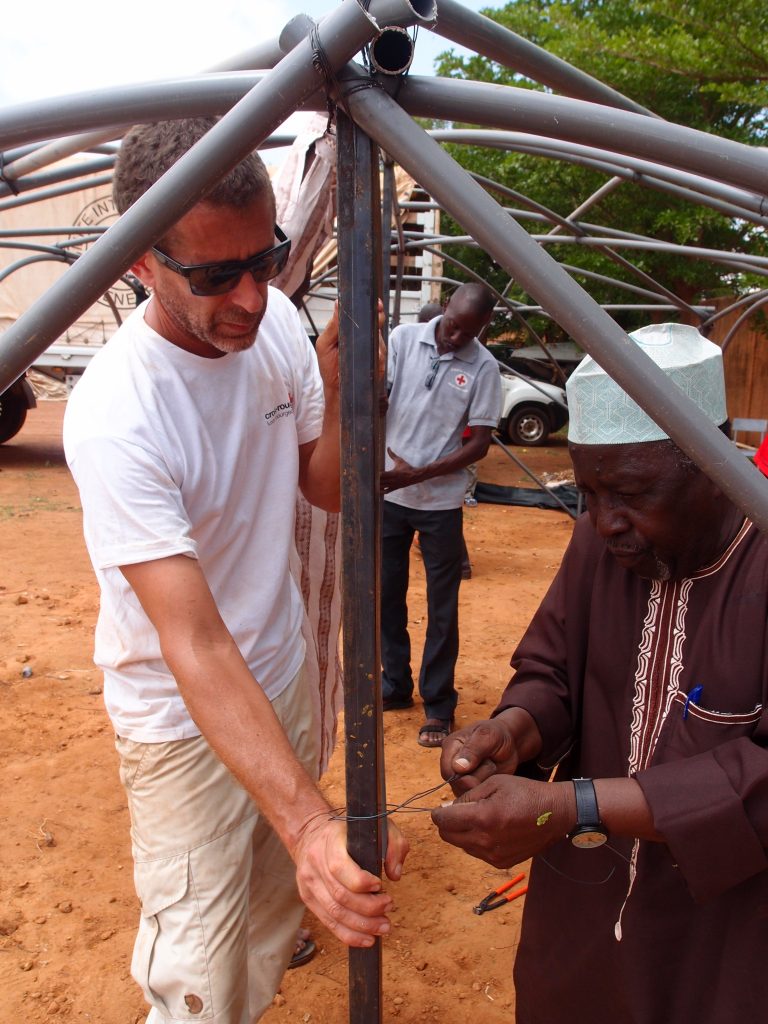
A key activity of the SRU is the research and development of solutions for humanitarian shelters, exploring opportunities for innovation in the creation of sustainable and contextually appropriate solutions. A key element of this process is the construction of 1:1 scale physical prototypes in real field conditions.
This allows us to subject designs to rigorous initial testing and inform further development and refinement using the results. This prototyping process is essential to ensure that the solutions developed work successfully according to key criteria and cultural acceptance through direct beneficiary participation.
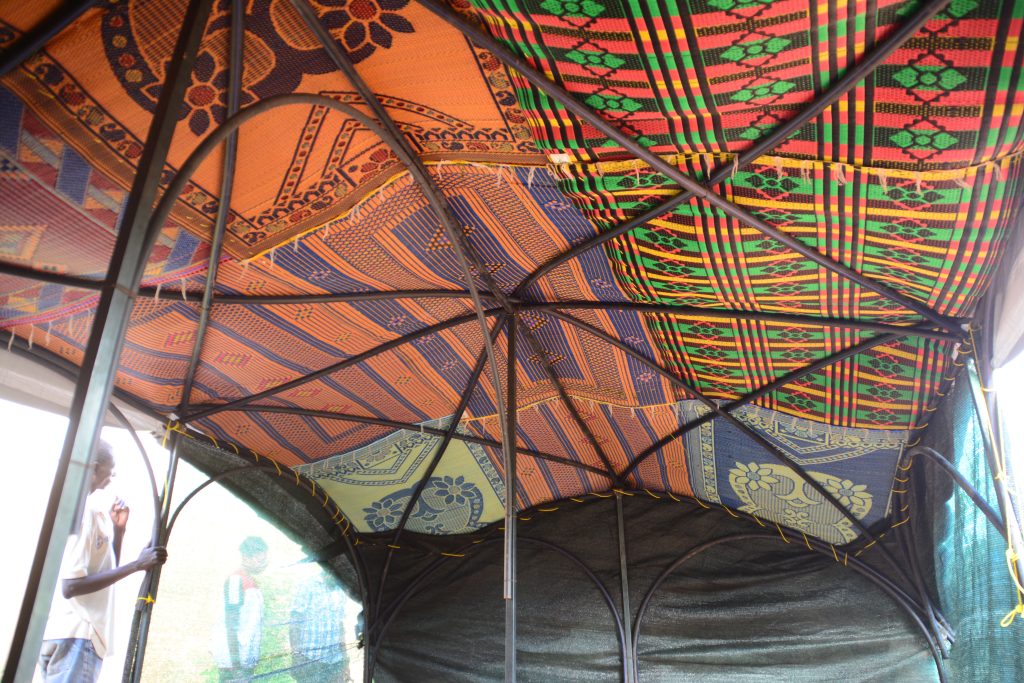
The SRU provides dedicated technical advice on key topics concerning humanitarian architecture and improving construction solutions in humanitarian contexts. Drawing on the team’s wealth of field experience and construction expertise, we collaborate with humanitarian, academic and private sector partners to explore improvements and innovations in humanitarian operations.
Knowledge sharing is in the DNA of the SRU, especially capacity building in the field of humanitarian architecture. We strive to disseminate knowledge and awareness of good, safe, appropriate and sustainable construction methods and work with shelter managers and beneficiaries to support learning directly.
The SRU designs and publishes trainings in specific areas related to shelter and construction, both those designed for a particular context and those that can be widely used as general training.
The SRU continually works with new and existing partners to identify the need for new training courses to support ongoing capacity building in the humanitarian shelter sector. We seek to address new and growing challenges and develop training courses to encourage the adoption of environmentally friendly shelter construction techniques.
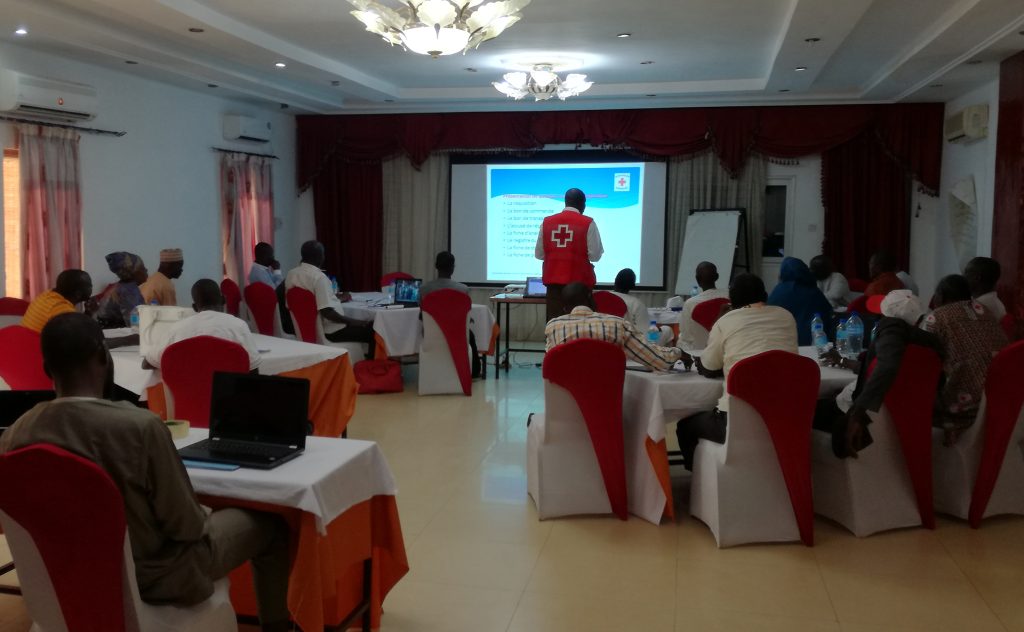
A key aim of the SRU is to find opportunities from cross-sectoral partnerships for bringing benefit to humanitarian sheltering activities. It creates partnerships with the private sector and academic organisations, acting as the catalyst between academic research and private-sector innovation to translate the cross-sector potential into improvements in humanitarian habitat.
Among the key events in formulating cross-sectoral partnerships ARE technical conferences and events organised by the SRU and its partners.
The conference Innovation in Luxembourg Humanitarian Habitat will occur in Luxembourg on October 27, 2023.
This project aimed at improving the living conditions of the displaced populations through the development and implementation of a contextualized shelter solution for the Sahel region.
West Africa has faced and continues to face frequent episodes of population movement, and with the great variety of climatic conditions across West Africa, there is a need for shelters to respond appropriately to the particular climatic zone in which they are deployed.
Due to the operational conditions in the field, we worked on two prototypes with the same structure and form but with different cladding materials in order to respond to specific demands; to be deployed fast as a prepositioned shelter, as well as a mid to long-term operation with local organic materials that cannot be kept in storage for a long duration. The Sahel Shelter is currently used in Mali, Niger and Burkina Faso.

This project aims at supporting good environmental practices from humanitarian agencies to help protect the local environment, contribute to improve the resilience of communities to natural disasters and reduce their vulnerability and the contribution made to further climate change.
The importance of examining in detail the entire life cycle of each shelter and each material, from production to end of life, has been emphasised throughout this study. The criteria consider not only carbon emissions, but other factors like use of local natural resources and waste management.
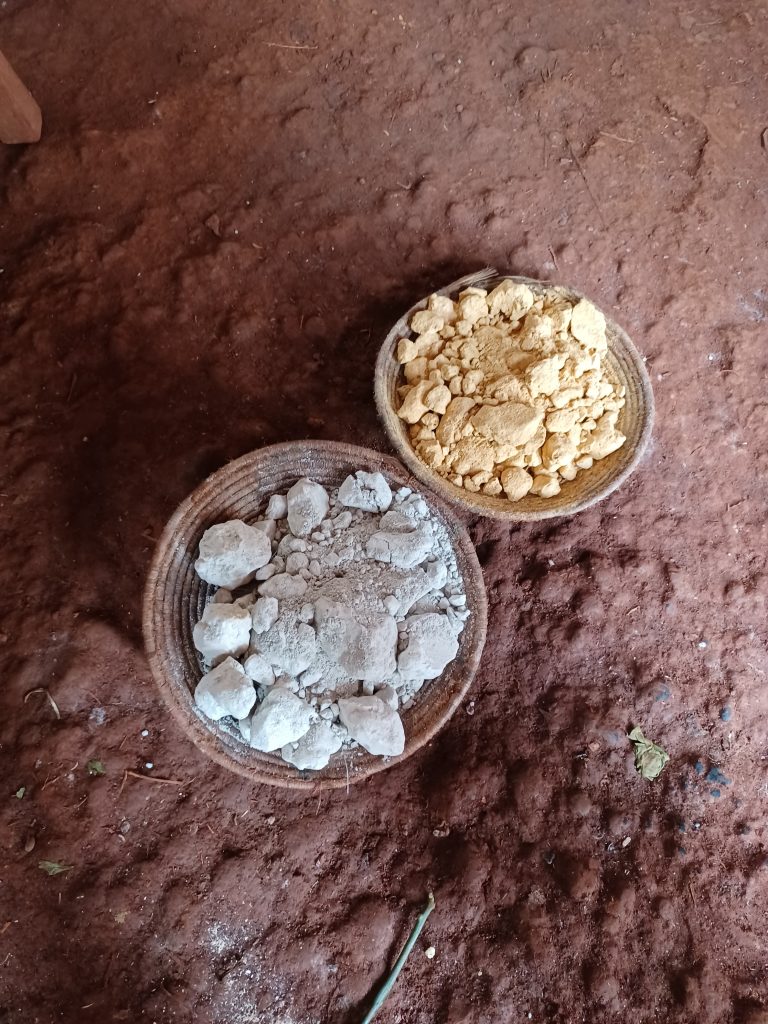
The regional exchange workshop on earthen construction in the Great Lakes region took place in March 2022 in Muyinga, Burundi. It consisted of a week of presentations and workshops on earthen construction, the environmental impact of construction and ways to improve the shelter projects of Red Cross delegations working in collaboration with the Luxembourg Red Cross. In all, seven different partners were represented. This provided an excellent opportunity to capture the ideas and recommendations of the participants to help develop the vision for shelter assistance. The workshops allowed for discussions on the strategy as well as on other thematic areas such as construction management protection, DRR, WASH, land security and capacity building.
In Burkina Faso, internally displaced people are increasingly staying in host sites, which leads humanitarian actors to develop evolving or semi-durable and sustainable shelters in order to better respond to their stability needs. An intervention strategy based on accompanying beneficiaries has been designed, tested and validated. Like “Russian dolls” where the larger ones contain the smaller ones and so on, the proposed strategy starts to develop from the emergency response, growing around the shelter to create a sustainable habitat.
The support concept is complemented by concrete solutions that have a direct impact on the lives of the beneficiaries. For this reason, systems such as multi-layer cladding that improve thermal insulation, wind protection and waterproofing are put into operation at different stages of development.
The additional stiffening of the walls, as well as the special shape of the roof strengthen the performance of the shelter against wind loads. Heat is reduced by cross-ventilation and the possibility of using shading screens, both through the lateral forces absorbed by the walls and the reduction of the Venturi effect provided by the roof shape.
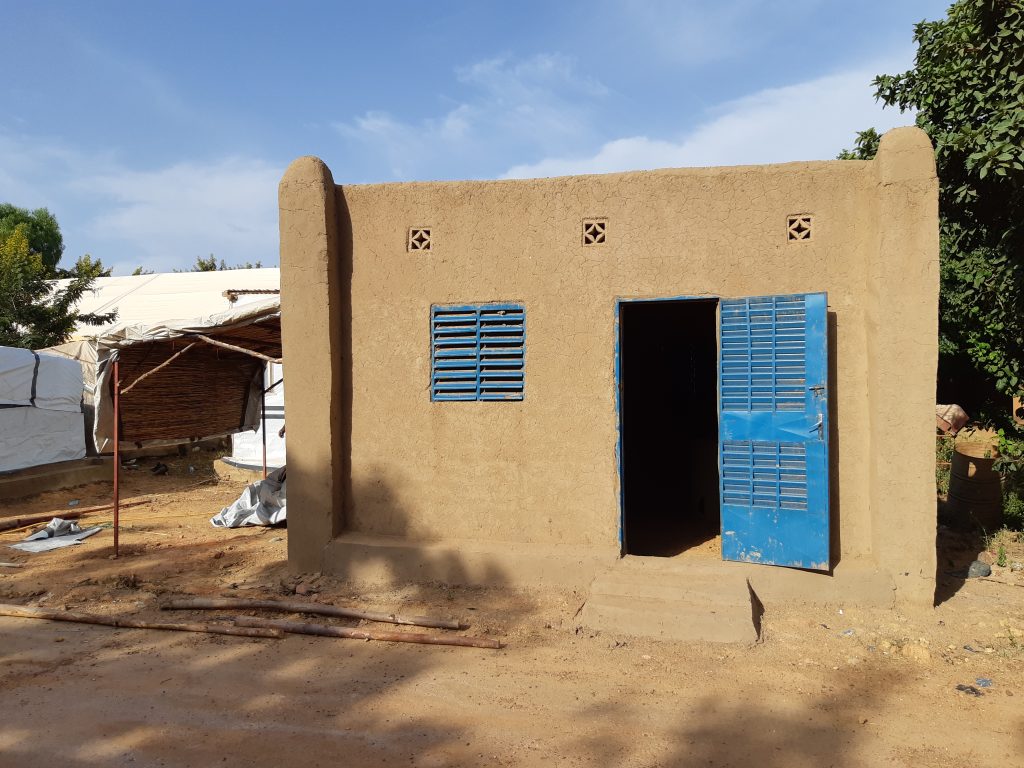
Find below a selection of our publications which are available for reading and download. Additional publications are available upon request.
Find below the scientific papers presented at the “Innovation in Humanitarian Habitat” conference on 27 October 2023.
Shelter Research Unit – Humanitarian Aid
10, cité Henri Dunant
L-8095 Bertrange
2755-8905
daniel.ledesma@croix-rouge.lu